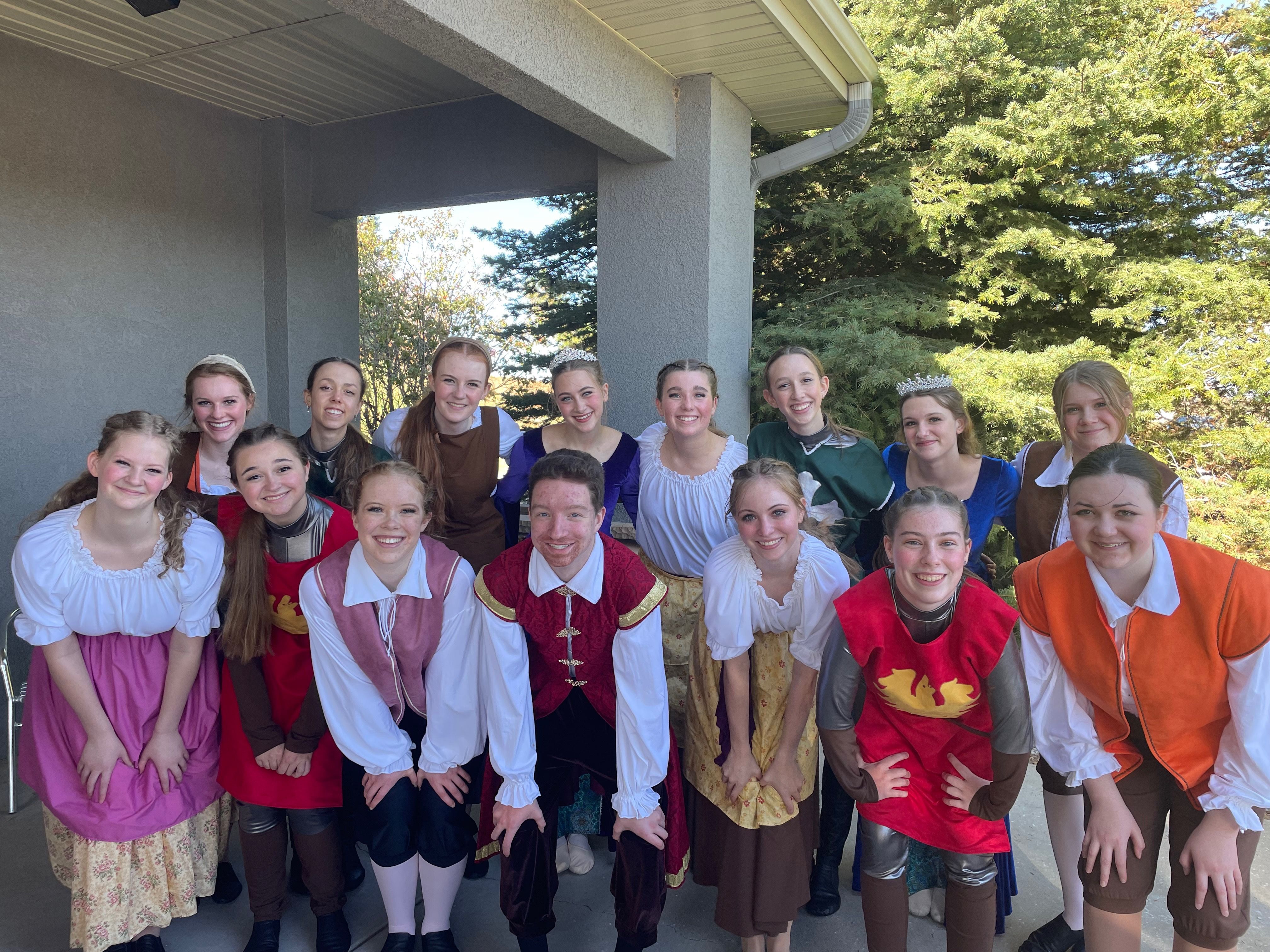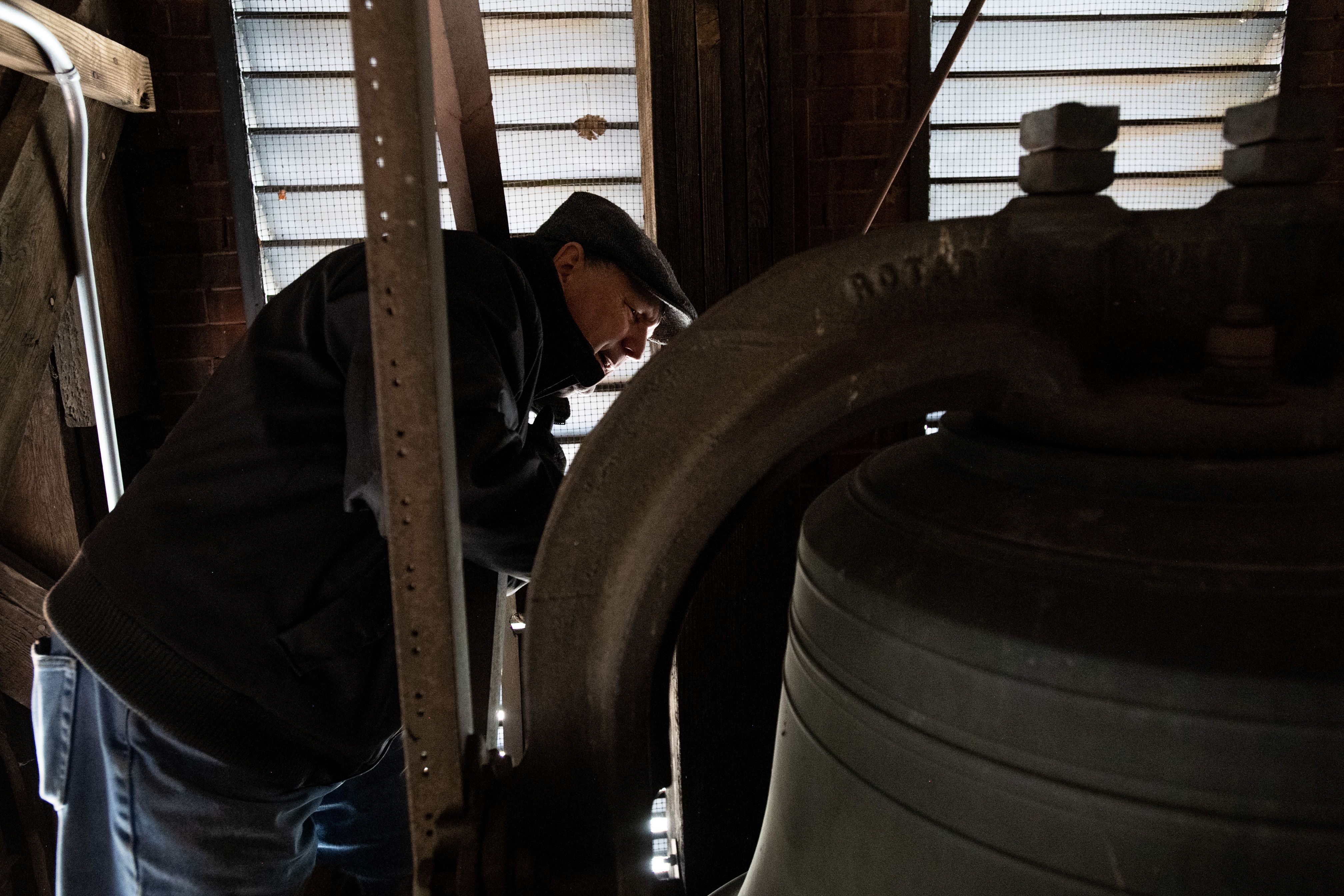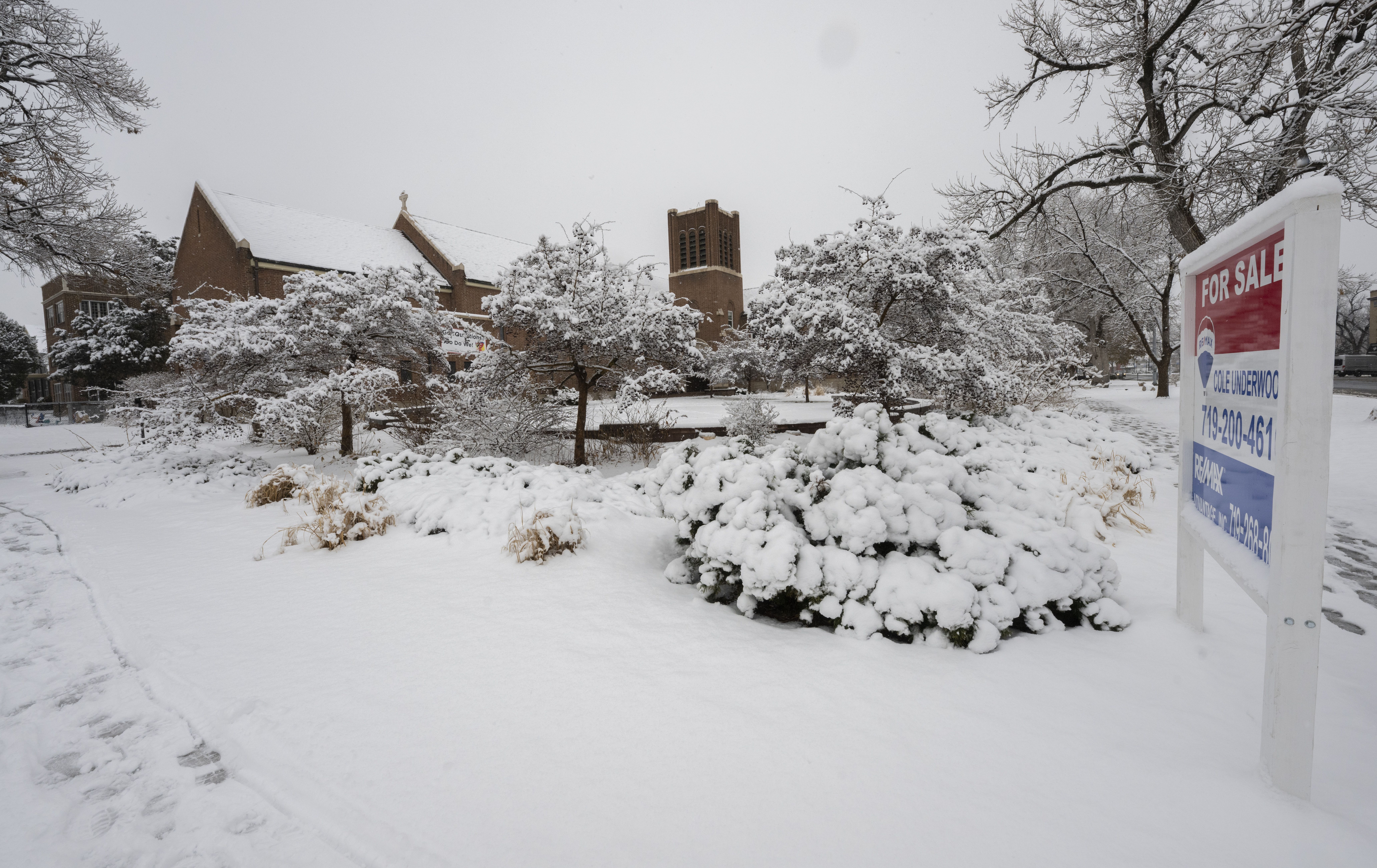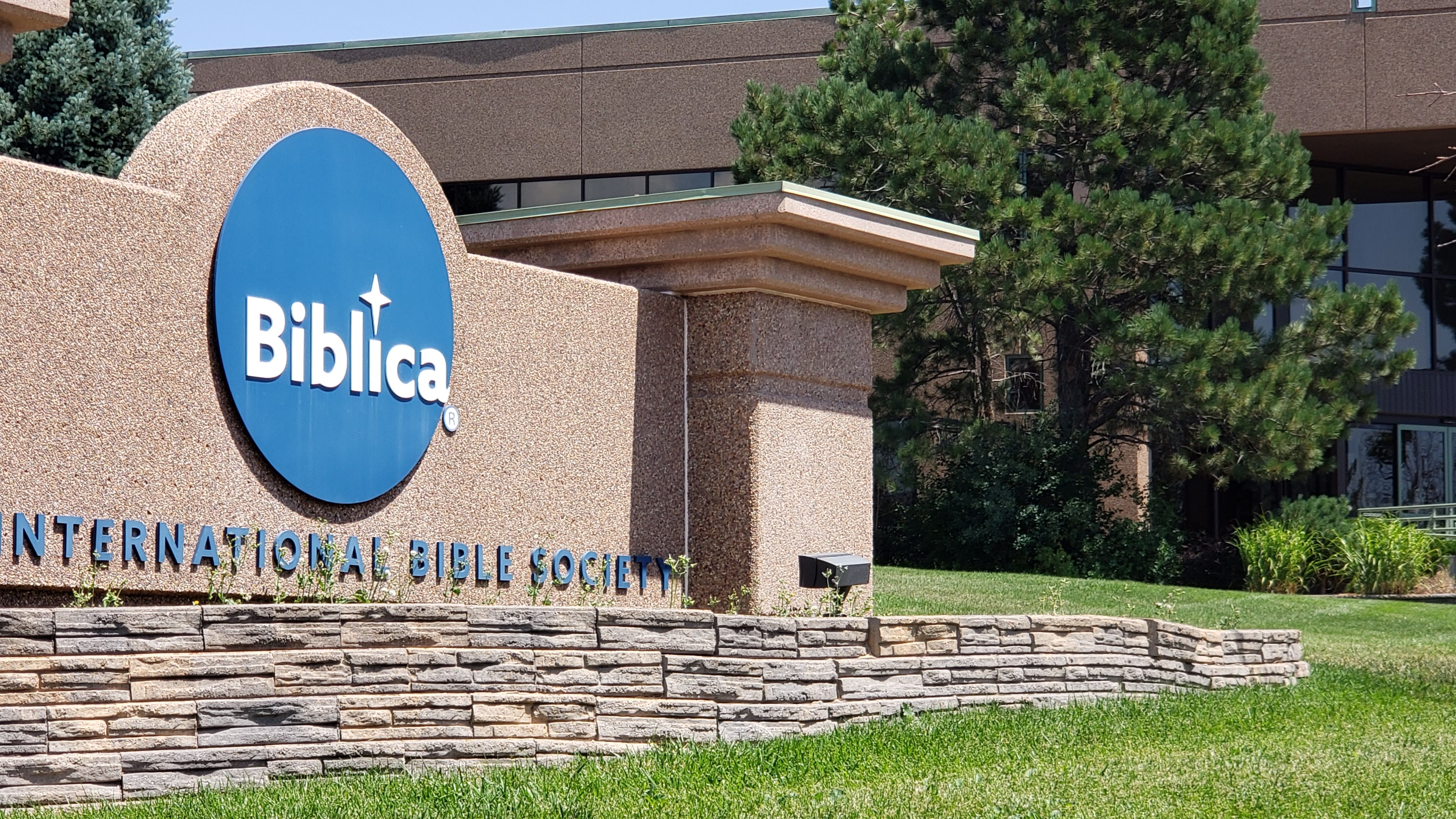United Methodist Church loses more congregations, including some from Colorado, over same-sex marriage schism
An exodus from the nation’s second-largest Protestant denomination over disagreements about human sexuality, abortion, Christian doctrine and biblical authority is continuing, with approval of 38 congregations in Colorado, Montana, Wyoming and Utah to disaffiliate from the United Methodist Church.
The decision at the Mountain Sky Conference, which began Thursday and ended Sunday in Colorado Springs, brings the total to 48 congregations in the Western Jurisdiction that have split from the mother church.
That represents about 10% of churches in the regional conference, said the Rev. Eric Strader, pastor of worship and administration at First United Methodist Church in Colorado Springs, which hosted the event.
One Colorado Springs church was included in this go-round, the Korean-American United Methodist Church. Four others severed ties during previous conferences: Pikes Peak, Trinity, Wilson and Stratmoor Hills United Methodist churches.
About 16% of the nearly 30,000 United Methodist affiliates nationwide have separated from the denomination since 2019, Strader said, when a change to church law gave authority for congregations to do so.
“No one has wanted this,” Strader said. “But it’s not shocking.”
Infighting between mainline traditionalists and theologically progressive members began more than 50 years ago, with giving their blessing to same-sex marriage and gay clergy among the issues dividing the factions.
In recent years, Bishop Karen Oliveto, the church’s first openly gay lesbian bishop, became the episcopal leader of the Mountain Sky Area in 2016. She preached at a healing service following the Club Q shooting in Colorado Springs last November.
“I think it’s good they let the congregations go,” said John Lomperis, a United Methodist director with The Institute on Religion and Democracy, based in Washington, D.C.
But he objects to the way in which it was done.
“The process was very punitive in what has been known as a liberal conference,” Lomperis said.
“There was a statement made to the effect that these congregations are guilty of a breach of the law of love, accusing those disaffiliating of being unloving,” he said. “That seemed rather ungracious and mean-spirited to backstab them on their way out the door.”
Strader said releasing the congregations has been done in a sympathetic manner.
“These are beloved siblings of ours who feel it is better to go their own way, and we send them off with goodness and love,” Strader said.
Lomperis said traditionalists don’t believe that “loving someone always requires you to agree, or if you disagree with someone you must hate them.”
Traditionalists uphold the historic idea of marriage being between a man and a woman, Lomperis said, and welcome gay people but believe they should remain celibate, and so should gay clergy.
“If someone says, ‘I find myself attracted to other men,’ leaders of the church have said, ‘We have no inherent objection to that someone being ordained,’” he said. “The issue is non-celibate gay pastors, not gay pastors.”
Lomperis, who leads one of seven United Methodist Church caucuses, which defends “historic doctrine,” also objects to Oliveto saying that the Christian savior, Jesus Christ, was not perfect, while traditionalists uphold Jesus as God and therefore perfect.
Said Strader: “We’re not moving away from doctrinal standards. We’re following Jesus Christ, who reached out to all kinds of people. We have chosen to be inclusive of all God’s people to move forward.”
Some also disagree with additional financial penalties added for departing Mountain Sky Conference churches, saying extra expenses above what’s already mandated for disaffiliation will tax strapped congregations.
Under the 2019 changes to church law, exiting congregations must pay a share of pensions of retired clergy, two years of yearly taxes that are levied to be part of the denomination, and legal fees involved with transferring property deeds and titles.
Some of the newly disaffiliating churches also must give 45% of their annual budget to the conference, said the Rev. Randy Jessen, whose United Methodist congregation disaffiliated from the Mountain Sky Conference last fall. He now leads the Plains Community Church in Genoa, Colo.
And all were required to agree to at least a 10-year lien on their property, he said.
“So, if you sold the property, you’d owe 20% of the property value back to the Mountain Sky Conference, like if you got a new car as a gift but someone else kept the keys,” Jessen said. “Everyone had different requirements, some harsher than our conference’s.”
The chance to legally depart from the denomination expires this year, said Lomperis.
Because of that, some of the church’s five jurisdictions have scheduled special sessions into December, he said.
Hundreds more churches are expected to part ways with the United Methodist Church, Lomperis said, with a possibility of an extension.
Some churches have closed, Lomperis said, others have joined a new traditionalist denomination, the Global Methodist Church. Jessen said nearly 5,000 congregations are affiliated.
Lomperis said, as a United Methodist since childhood, he’s sad about the development.
“This is not the United Methodist Church I signed up for,” he said. “It’s become a very different thing. I hope the Global Methodist Church is going to be the church that preserves the best of what we had for years and learns from the mistakes of the United Methodist Church.”
Strader said denominations are born out of dissatisfaction with existing theology, doctrine and governance, including the Methodist Church, which formed in the 1700s in England, and the United Methodist Church that was created in 1968 in the United States. In 1816, issues relating to racial discrimination caused a schism that led to the creation of the African Methodist Episcopal Church.
“This is who we are,” Strader said.
Korean-American United Methodist Church is the latest Colorado Springs congregation to part ways with the denomination, citing issues pertaining to human sexuality as the primary reason for the split. It is one of thousands of churches nationwide to disaffiliate from the mother church over theological differences. (Photo by Debbie Kelley)














